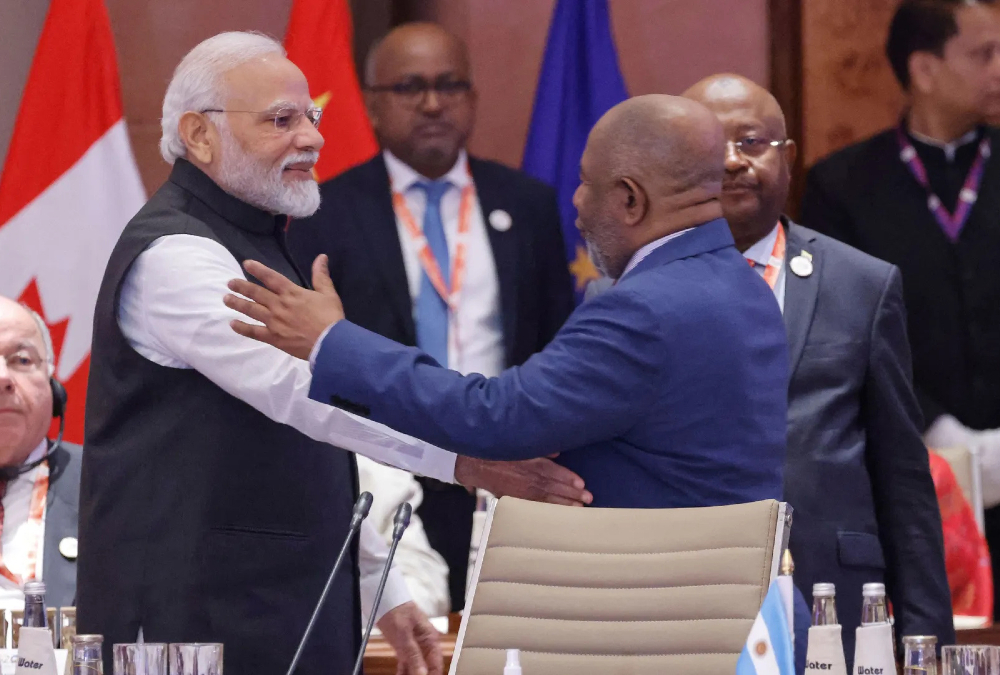Owusu on Africa
What could the African Union do with its membership of the G20?


By Fidel Amakye Owusu
After the Asian financial crisis of the 1990s, the creation of the G20 or Group of 20 emerged as a response to the growing need to involve emerging economies in global economic governance. Unlike the G7, which had a narrower scope, the G20 brought together a more diverse group of nations. However, for years, G20 meetings were limited to discussions at the ministerial and central bank levels, and it wasn’t until the global financial crisis in the 2000s that the group’s role expanded, often reacting to crises rather than anticipating them.
All G7 members are part of the G20, but the G20’s reach is far broader. Together, it accounts for 75 percent of global trade, 85 percent of the world’s gross domestic product (GDP), and represents two-thirds of the global population.
But what does this signify?
Last year’s G20 summit was held under the theme “One Earth, One Family, One Future.” In light of pressing global challenges like conflict and climate change, this theme carried particular weight. Notably, Chinese president, Xi Jinping and Russian president Vladimir Putin were absent from the summit, which drew significant attention.
However, the key moment for Africa came with the African Union’s (AU) admission as a permanent member of the G20. While the G20 has long included the European Union as a regional bloc, the inclusion of the AU marks a watershed moment for Africa – a continent frequently overlooked outside of its resources.
Before this, South Africa was the only African nation with permanent G20 membership, despite Nigeria and Egypt having larger economies. The AU’s new status has the potential to provide Africa with a stronger voice on the world stage, provided the continent can seize this opportunity effectively.
What does this mean for Africa moving forward?
In a previous analysis, I recommended that African nations consider aligning with BRICS and the African Continental Free Trade Area (AfCFTA) to maximize their influence. In a similar vein, Africa can leverage its G20 membership by prioritizing the needs of its people and fostering consensus among its member states.
While Africa is incredibly diverse, there are common issues – such as improving education, securing equitable investment, enhancing political stability, reducing poverty, and promoting inclusivity – that could benefit from a unified approach within the G20 framework. A strategic, timeline-driven plan would be crucial in ensuring Africa’s interests are advanced within this global forum.
Historically, Africa’s inclusion in international groups like the G20 has not always been warmly welcomed. However, shifting global dynamics are placing Africa in a more prominent role on the world stage. It is likely that the G7 may seek stronger ties with the AU in the future.
Nevertheless, none of these initiatives will be meaningful if they fail to improve the well-being of everyday Africans.
Fidel Amakye Owusu is an International Relations and Security Analyst. He is an Associate at the Conflict Research Consortium for Africa and has previously hosted an International Affairs program with the Ghana Broadcasting Corporation (GBC). He is passionate about Diplomacy and realizing Africa’s global potential and how the continent should be viewed as part of the global collective.

